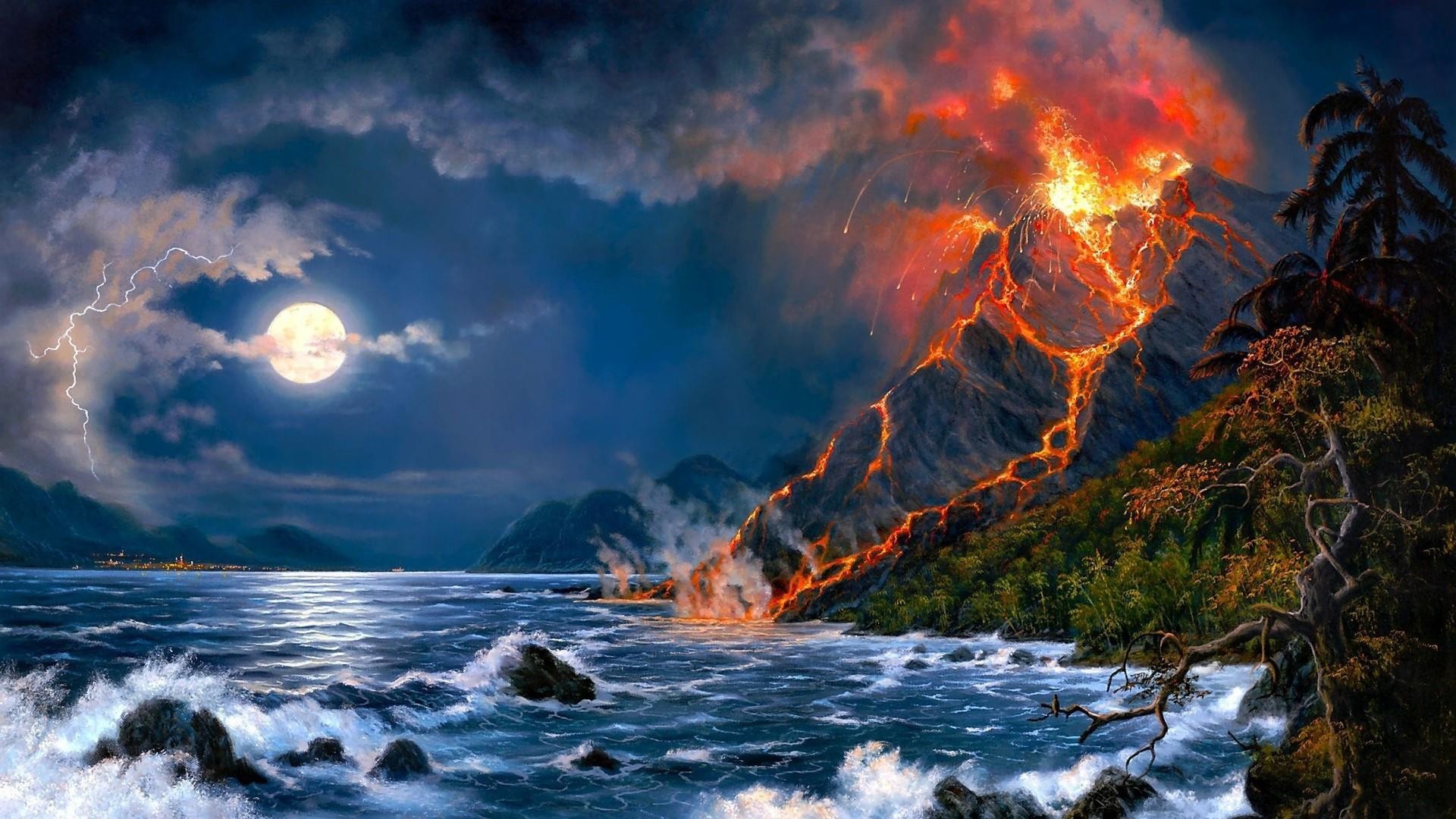In an attempt to combat the sometimes active, other times dormant waves of hatred that possess an unknown number of students on campus, Saint Michael’s College suspended “business as usual” for all students this Tuesday, February 18th; exchanging classes, meetings, clubs, internships, and work-study shifts for a community-wide day of “learning and reflection” about racism. While I am still navigating my own feelings about today’s events in relationship to my role as a student of the college, I would like to take a moment to reflect on the stress and discomfort many of my peers and I felt today, and how I believe that discomfort is entirely necessary if one’s true intentions are to learn and grow in search of Truth.
Quite a few of my past posts— particularly those related to lessons I designed about the Native American experience during U.S. westward expansion— highlight my belief in the importance of diverse and equitable representation within a humanities curriculum. Throughout the early weeks of my student teaching internship, I have also written posts about and/or privately reflected on the importance of comfort, accessibility, and a willingness to talk about different historical perspectives if my students are to learn about the past in a way that benefits them as valued community members, truth seekers, and global citizens of the future. Recognizing the importance of things like comfort and diversity are essential to learning, and I fully support these ideas as a progressive educator aligned with Vygotsky’s learning and developmental theories. However, this recognition is not enough. As students and educators… Heck, as global community members, the process of understanding the past in order to mend the present and better the future is impossible without our willingness to get uncomfortable, participate in hard discussions, and take steps toward a diverse yet unified future together.
 |
| Source: https://wallpapertag.com/wallpaper/full/1/1/3/433908-amazing-volcano-wallpaper-1920x1080-for-iphone.jpg |
Our personal beliefs, biases, and understandings live within us: they trigger thoughts, actions, and physical responses we can and cannot control. Personally, I have always thought of my own strong sense of self-awareness as similar to studying a volcano. Now, I am not a physical scientist, earth scientist, or geography master, but I do know that volcanoes are often described as either dormant (inactive/unlikely to erupt) or active (could erupt at any time). To me, people are the same way, and some people are better at reading their own physical and emotional signs of distress than others… they can sense if something is going to reinvigorate their lava or launch an eruption. In addition to intrapersonal intelligence, some individuals have strong interpersonal skills, and they can sense when an eruption may be triggered in the same way that scientists can pinpoint volcanic eruptions with seismic technology. If I now equate volcanic eruptions to the physical, emotional, and cognitive signs of discomfort when learning about “harder” historical topics, then is it fair to say that without discomfort, students and educators cannot learn from each other? I believe so. How can hard history topics be fully understood if the volcanic eruptions we feel within ourselves are not registered or recognized? Even more, volcanic eruptions often cause a ripple effect of natural repercussions, including earthquakes, fires, air/water pollution, and tsunamis. Is it not important for us to learn about, understand, recognize, prepare for, and act on the whole occurrence of a volcanic eruption? To learn and grow from history’s dark past and tainted present, we must first be willing to experience the discomfort we feel when talking about hard history together, and we must also be willing to endure the earthquakes that follow. We must be willing to recognize and reflect on the aftermath of our discomfort and the discomfort of those around us, the experiences that shape our feelings to begin with, and the validity of all historical perspectives and diverse groups as worthy of our attention when seeking to improve the condition of mankind.
Comments
Post a Comment